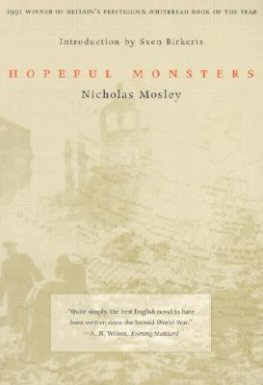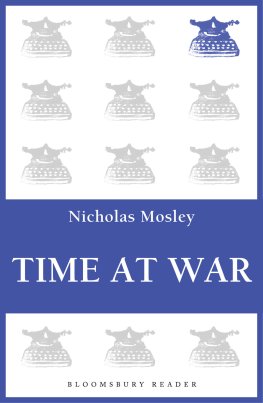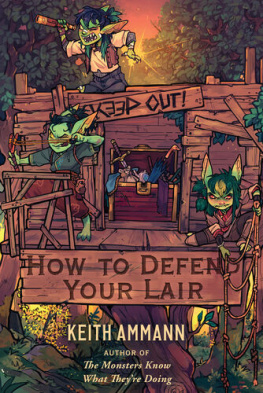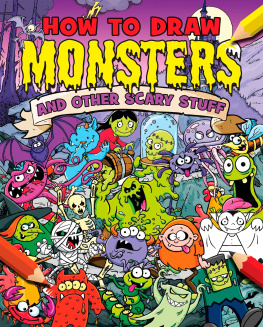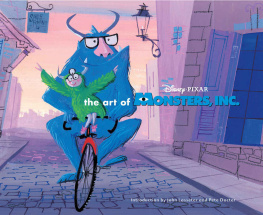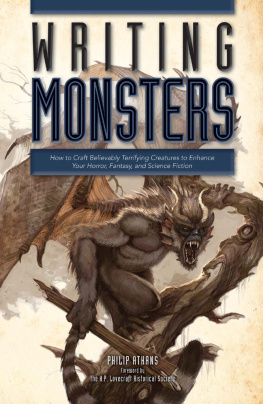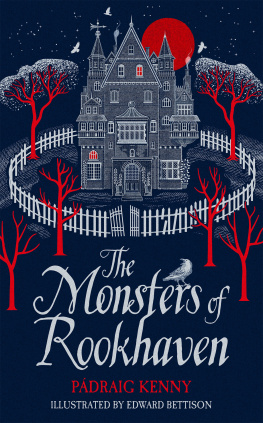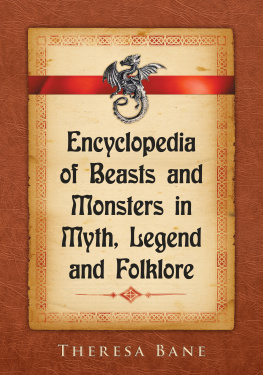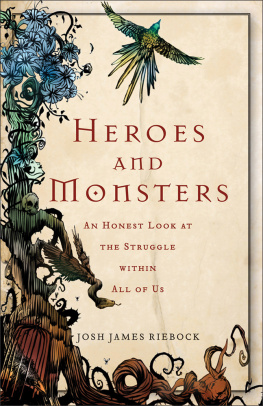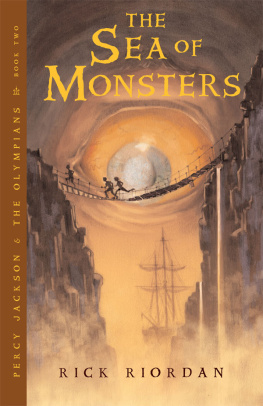Nicholas Mosley
Hopeful Monsters
We know the predicament
a wide spiral staircase that seemed like something placed in water for the construction of a bridge: there was a skylight at the top through which thin sunshine filtered; the bottom was murky as if at the depths of the sea. In the streets an impression of being at a depth continued: the walls of high apartment buildings rose like rock-faces on either side; the lorries and cars that went past festooned with men with rifles were like lobsters or crabs with heavy claws. It was necessary to get past these to climb up the spiral staircase to our apartment where there was airiness and light. High narrow windows jutted up into a slightly sloping roof; walls were panelled in a soft wood which was like the lining of my father's boxes of cigars. My earliest memories of our apartment are of the evenings when I would sit with my father in his study and he would read me stories from mythology or from children's magazines. There was a vogue at the time for an early type of science-fiction magazine, and I suppose it was from these that my mind picked up some of its lasting images. When I was in my father's study it would seem that we were in the cabin or gondola of an airship; we were gliding above the rooftops of the grey and watery city; my father was the captain and I was his mate; we were looking for somewhere to land where we would make a new home, or perhaps we would carry on for ever like that bird I suppose that first flew out of the ark.
My father was a tall man with a pale drooping moustache and short fair hair that was brushed up so that he often seemed amazed or even about to shoot upwards like a rocket. The other occupants of our apartment or airship, or ark, or whatever were Magda the cook, Helga the parlourmaid and my governess Miss Henne who came in to teach me each day. There was also, of course, my mother.
My mother was a small dark woman with flashing eyes: she was Jewish (my father was not): she came from a family who lived near the frontier with Poland. My mother was the driving force or power-house in whatever my father and I dreamed of as our lofty world; it was around her that there was the clatter and hum of the machinery to do with the running of the airship the obtaining of fuel and food, which was difficult in the last years of the war. There were also the occasional meetings of my mother's political associates. My father and I would sit behind closed doors and listen to the business of practical life going on. I sometimes wondered or it seems to me now that my father and I must have wondered where in fact does power reside within something like an airship? Is it in
the engine-room, or with the people who sit with their knobs and levers and dream that they are in control?
I suppose not much is remembered now about German politics during those years. The war was brought to an end in November 1918 by an almost bloodless revolution in Germany; an alliance was made between the moderate socialists and the conservative militarists who had been running the war; one of the aims of the alliance was to keep out of power the extreme left-wing socialists, who were the people around my mother. There was skirmishing in the streets between government forces and the extremists who felt they had been cheated of their true revolution; but there was a general exhaustion in the aftermath of war, and there was dissent even among the extremists. The questions at issue among the extremists were: should a revolution be organised with central control should there be tactical planning and the making of alliances and concessions or should the proper business of revolution be left to the spontaneous uprising of the masses (it is impossible to write of left-wing politics without the jargon!)? Karl Marx had foretold (or it was believed he had foretold) that history would in time inevitably lead to the take-over of power by the masses, so might not attempts at human planning only divert the course of history from going on the way that was just what was desired? Was it not the moderate socialists who had planned and schemed and see how they had betrayed the revolution! This was the argument of the extremists. Should it not be the business of leadership just to keep the doctrine pure and to analyse accurately what in the jargon was referred to as the 'concrete situation' and then, would not history be free to go its own spontaneous way?
These were the arguments of Rosa Luxemburg the most popular and most bewitching of the leaders of the extremists. My mother was a disciple or devotee of Rosa Luxemburg. Rosa Luxemburg came from the same Jewish background as my mother. She was a small bright-eyed woman who seemed sometimes to purr, and sometimes to spit, but always to have claws like a cat.
Some of the most striking of my earliest memories are to do with the meetings that my mother's friends used to hold in our apartment. Into the quiet world that my father and I dreamed of as our airship there came, climbing from the depths of the streets, men in thick dark suits and stiff white collars, women in long skirts and blouses buttoned up to their chins. The men would stand in the hallway looking for somewhere to hang their hats; the women
would embrace my mother underneath their hats which were like nests or umbrellas. They would flow from the hallway into the dining-room where they would stand or sit round the table; they would talk or shout and make speeches, sometimes singly and sometimes all at once; they would pass bits of paper like food to and fro across the table. Perhaps this image came mostly from the sounds they made: on the few occasions on which my father opened the dining-room door and I caught a glimpse of them, they would seem to freeze, turning to the door as if alarmed or posing for a photograph. Then after the meeting they would flow out into the hall again and the men would look for their hats and the women would be putting their arms again round my mother. I suppose I came to see the grown-up world as containing creatures who just behaved in this way who clattered through streets hanging on to cars and then came together and stood and shouted round dining-room tables; and then were suddenly silent, as if they needed to be caught within a photograph.
My father did not play much part in these activities. He and I would sit in his study and listen, or occasionally get glimpses. I would think So if this is the grown-up world, what is my father then? I understood that he was sympathetic to what my mother and her friends were trying to achieve, but that he did not think they were going about it the right way. I wondered But are he and I going the right way with our stories about our airship?
I would try to talk to my father about this: I would say 'But what do you think my mother's political friends should do: should they do nothing? Should they fight? What is this word that you say they use "spontaneous"?'
My father would say 'I think the trouble is that they don't have the ability to see just what it is they are doing.'
I would say 'Is that difficult?'
My father would laugh and say 'Yes, it's difficult.'
Once or twice Rosa Luxemburg herself came to the apartment. These meetings seemed more orderly because she did most of the talking. Her voice was sometimes a purr and sometimes a spitting. I would wonder She is trying to make them see just what it is she is doing? My father once said 'She could make a snake rise up from a basket.'
I thought What it is difficult for them to see is that they are snakes rising up from baskets?
After these meetings at which Rosa Luxemburg had been present,
my mother would come into the study where my father and I were sitting and her eyes would be shining and she would say 'We will win!'
My father would say 'Yes, my dear, but what is it you think you will win?'

